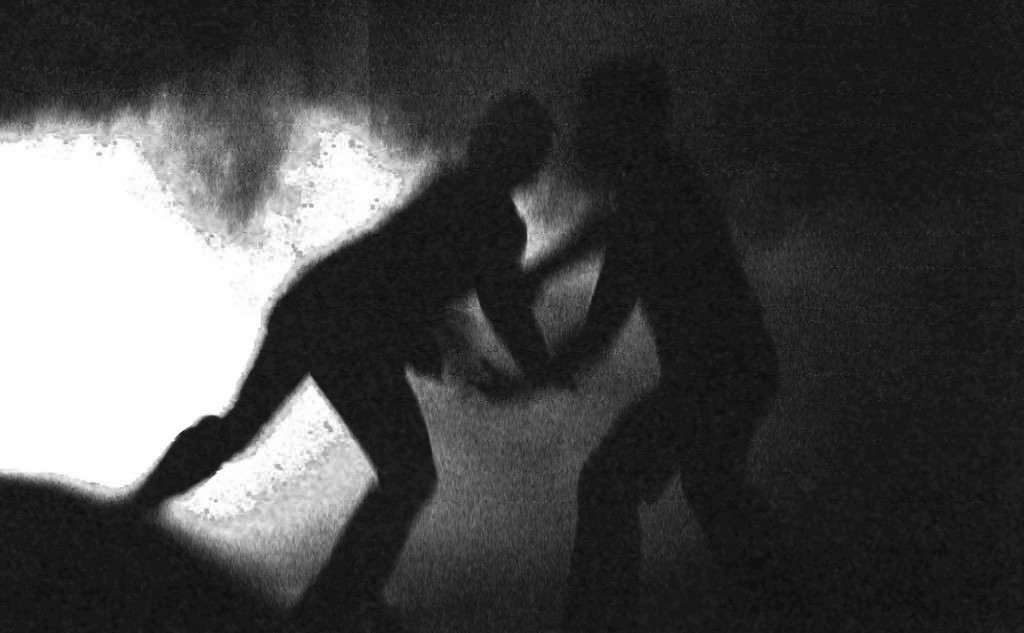Parashat Sh’mot
Exodus 1:1 – 6:1
“A man from the House of Levi went and took Levi’s daughter.” (Ex. 2:1) So begins the story of Moses. After devoting some verses or chapters to the line of great Biblical figures such as Adam and Eve, Noah, Sarah and Abraham and the rest of the early founding ancestors of the Jewish people, the Torah now begins the story of a man who will occupy center stage for the remaining four books of the Torah.
Who was this man, the figure to whom the Torah gives its almost total attention? It will take these four books to give us a fuller picture of Moses, but, for starters the Torah chooses to tell us a few facts about his origins: He is born at a time of mounting Egyptian oppression. His life is in danger from the moment of his birth. He is hidden by his parents but, eventually, he has to be given up. His life is saved through the miraculous show of compassion and defiance on the part of the daughter of Pharaoh.
But there is one more fact that we glean, right at the very start of this story, before we learn any of the famous facts we have listed: He is a Levite, son of a Levite father and a Levite mother.
This is significant, for the last time we have heard about Levi we heard Jacob, on his deathbed, cursing his son, along with Levi’s brother, Shimon. (Gen. 49:5-7) Jacob declaims that he wishes never to be associated with these brothers. Indeed, Shimon’s tribe gradually disappears. We would have every reason to expect the same for Levi.
Instead, the salvation of Israel comes through this son of Levi. And as his story unfolds we can see that it is precisely because he is a son of Levi that Moses has the character necessary to redeem Israel. For Moses has essential qualities that we may associate with his grandfather, the accursed Levi.
Why was Levi cursed? Most readers of his story understand Jacob’s curse as the result of his rage against Shimon and Levi’s massacre of the Shechemites. (Gen. 34) Levi’s hot-headed actions bring down upon his head his father’s curse. And Levi seems unrepentant when confronted with his father’s disapproval. He defends his actions in the name of family solidarity. (Gen. 34:31) And yet, that sense of solidarity does not prevent him from participating in the betrayal of his brother, Joseph. (Indeed, Rashi and others have suggested that Levi’s violent nature was a moving force in Joseph’s sale into slavery. See his comment to Gen. 49:6).
The man Moses begins his life with a double challenge. Pharaoh threatens to murder him and crush his people. And the curse of his great-grandfather, Jacob, threatens to obliterate Moses’ own tribe, Levi, from the Children of Israel, whom God will surely save from Pharaoh.
So, as Moses’ life begins, we notice certain echoes and reversals of the dark stories of Levi’s past. Joseph was raised out of the waterless pit to become an Egyptian slave; Moses is raised out of the water to become an Egyptian prince. Joseph goes out to seek his brothers and is met with violence and captivity. None of his brothers stands up for him. Moses “goes out to his brothers” (Ex. 2:11) and witnesses a scene of violence. An Egyptian is beating an Israelite. But, in a hot-headed response that Levi, his grandfather, would have been proud of, he intervenes to protect his brother, and he smites the Egyptian oppressor. When, the next day, he witnesses a scene of violence between two of his brothers, he attempts to intervene again, but this time he meets the insolence of his brothers, so reminiscent of Levi’s retort to his father Jacob. His brother betrays him to Pharaoh and he is compelled to flee. In faraway Midian he again shows his impetuous and violent nature. This time it is in defense of a bunch of Midianite maidens. He marries one of them, just as Shechem had wanted to marry Levi’s sister, Dinah, against Levi’s murderous opposition.
In these episodes we watch Moses embody the very traits of Levi that had brought Levi to his ignominious state of condemnation. But Moses turns these qualities around. In this way he is able to reverse Levi’s fortunes. It is as if, even before he is called by God, he intuits something remarkable: If Moses can remove the curse from Levi – if he can redeem Levi – then he may also be able to redeem Israel.
Shabbat Shalom
Rabbi David Greenstein
![]()
Subscribe to Rabbi Greenstein’s weekly d’var Torah
image: “Fighting silhouette – You Jia and Boss” © Alpha image altered and used with permission via Creative Commons License
- Toby Stein: In Memoriam - Thu, Feb 8, 2024
- Faithfulness and Hope: Parashat Sh’lach - Thu, Jun 23, 2022
- Past Their Prime: Parashat B’ha`a lot’kha - Thu, Jun 16, 2022


I absolutely agree with the statement that Moses “turns around and essentially redeems Levi” for his “ignominious” actions against Joseph. It is so ironic because after last week’s D’var Torah, Rabbi, I was feeling in a rage toward Joseph’s brothers and was seeing them as guilty of attempted murder and not at all deserving of forgiveness, redemption or anything. However, with Moses’ righteous moral indignation and bravery, I no longer feel as angry. Of course, Moses has always been my hero and this early look at his character development just confirms what I have always felt. Thank you, again, for your insights Rabbi Greenstein